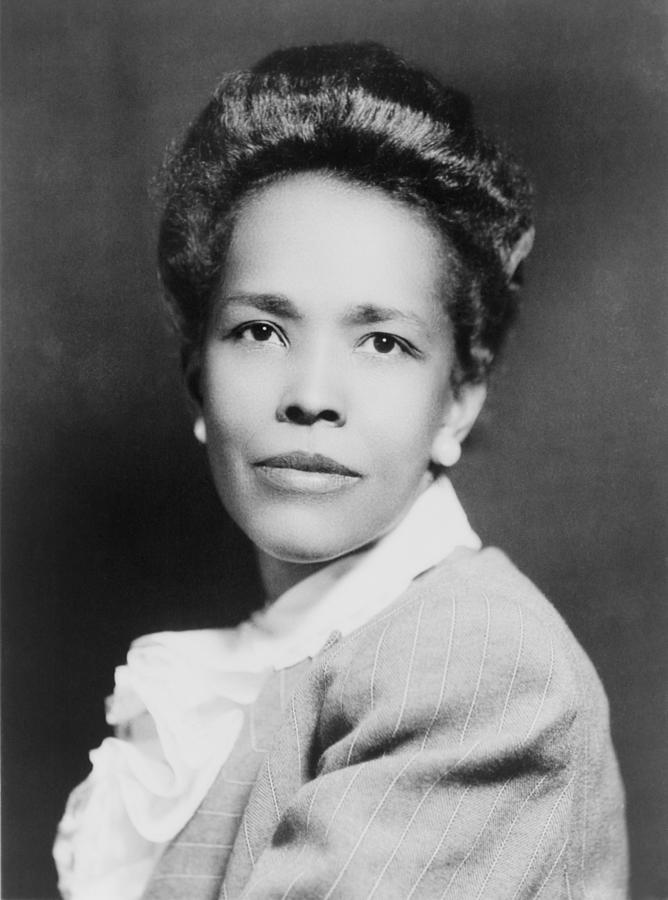 |
| The Organizer |
Sometimes the most important
people are never seen, and seldom heard. As a society, we’re enamored with the
larger than life personalities that tend to dominate movements. They often tend
to be the faces and public personalities, but they are always supported by the
lesser-known, but no less effective stalwarts and behind-the-scenes activists
and workers who get the day-to-day work done. That’s unfortunate because in a
perfect world, everyone’s contributions would be equally celebrated, but it’s
an artifact of western culture to focus on individuals while ignoring the
communal efforts that lead to transformational change.
Ella Baker’s career as a civil
rights activist spanned almost 50 years and she worked with three generations
of civil rights activists. She worked with such luminaries as WEB Dubois,
Martin Luther King Jr., and Thurgood Marshall. She also was a mentor to younger
activists such as Rosa Parks, Diane Nash and Stokely Carmichael.
Ella Baker was born in 1903, the
grandchildren of slaves and as a young girl, the stories her grandmother told
her of her experiences being a slave made a huge impact on her. From a young
age, she involved herself in the nascent civil rights movement. She focused
strongly on grassroots approaches and empowering individuals to make their own
change. This approach hugely influenced the civil rights movement. Her idea of
‘participatory democracy’ was her guiding philosophy. The idea was radical at
that time, but she never wavered from her view that true change must involve
everyone and she was strongly critical of the hierarchical and strongly male
dominated structure of most activist organizations.
Between 1938 and 1967, she was
involved with the NAACP, the Southern Christian Leadership Conference, the
Student Nonviolent Coordinating Committee and the Southern Conference Education
Fund. She held numerous leadership positions within these organizations and
contantly pushed to make them more democratic and grass-roots oriented. She was an intensely private person who
preferred to remain out of the spotlight and her important role in the Civil
Rights movement is sometimes forgotten as a result. She remained an activist
until her death in 1986.
I really admire her understated
style. She never yearned for the limelight; she was just very quietly
effective. She treated everyone with respect and was hugely influential as a
result. Her emphasis on empowering individuals to make their own change is
something that is sorely missed today.
Greatest quote:
You didn't see me on television,
you didn't see news stories about me. The kind of role that I tried to play was
to pick up pieces or put together pieces out of which I hoped organization
might come. My theory is, strong people don't need strong leaders




